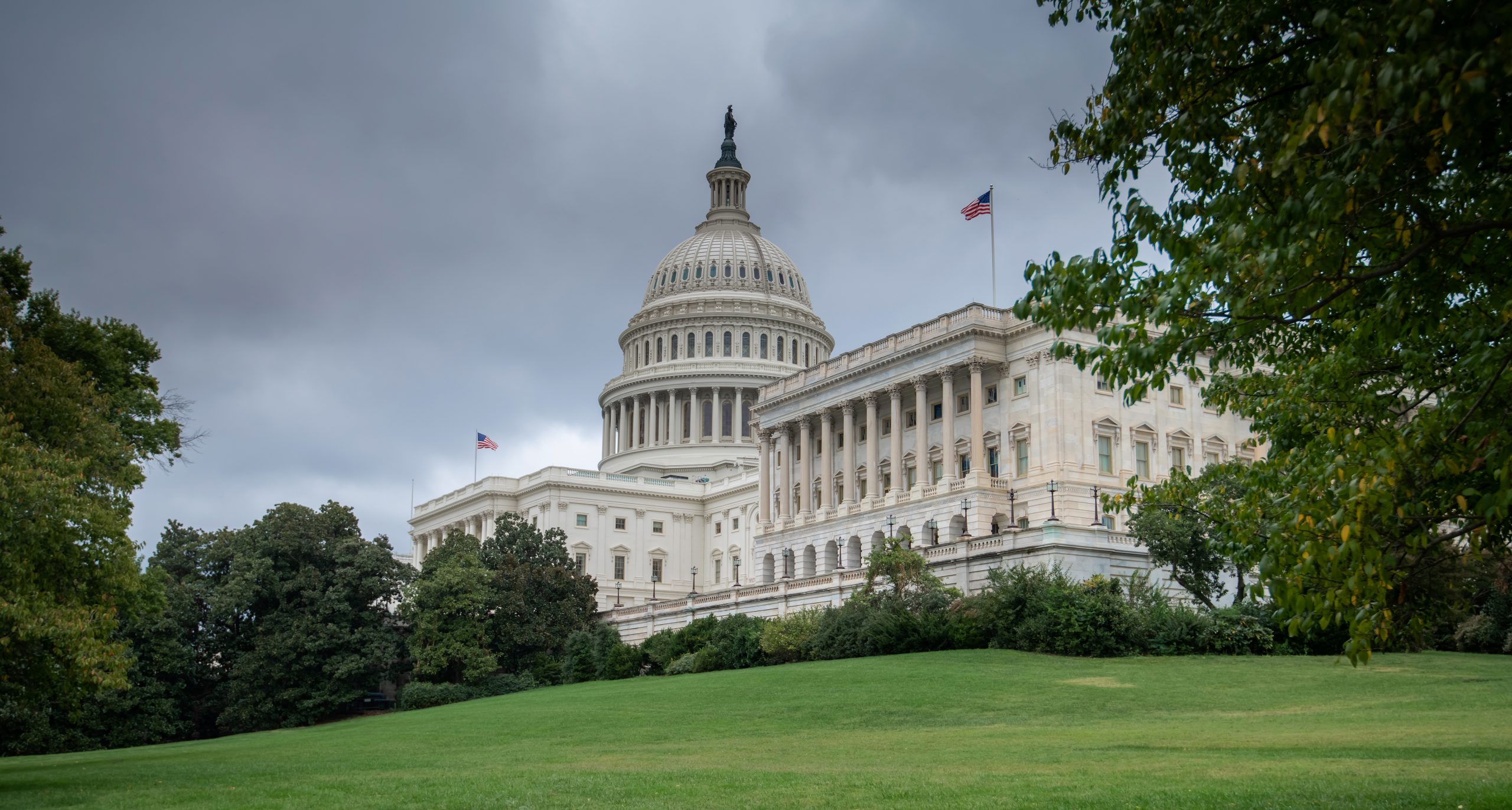What Happens When The Fed Raises Interest Rates?

1. What’s the connection between the Fed and interest rates? Why are rates a main focus for the Fed?
The Federal Reserve (also known as the “Fed”) is the central bank of the U.S., and it’s responsible for maintaining stability in the national economy. It utilizes fiscal and monetary policy to influence the markets and achieve its objectives. This includes establishing what is known as the “discount rate”, which is the interest rate at which banks can borrow from the Fed. To address periods of economic instability, the Fed may decide to raise or lower the interest rate. Typically, rates are lowered to prevent recessions, and rates are increased to prevent inflation. For example, as a result of the global pandemic’s negative effect on the economy, the Fed lowered interest rates to historically low levels. This encourages banks to offer to finance, lowers the costs of mortgages, and reduces credit card rates, which in turn, increases consumer spending.
2. What are the most impact things to happen to the economy and to consumers when the Fed hikes interest rates? Any historical examples to back up the impacts of rate hikes?
When the Fed decides to increase interest rates they are attempting to mitigate inflation by slowing down economic growth., This is known as contractionary economic policy. The most direct impact felt by consumers is: higher costs for financing. In other words, this would make it more costly to apply for a home loan, obtain financing for a car, pay with credit cards, and would raise prices in the overall economy. Most recently, the Fed rose interest rates from 2005 to 2007 (to as high as 5.25%), as the country was experiencing massive inflation and an economic bubble.
3. What are the specific impacts of rate hikes to the stock and bond markets and to businesses?
Raising the interest rate can also affect financial markets and commercial activity. For example, the prices of bonds (a type of investment product) will decrease when interest rates increase, This negatively affects investors. Furthermore, since higher interest rates make financing more expensive, companies may be less willing to apply for loans. This in turn could slow down economic growth, and in the case of publicly traded companies, stock prices may fall. Smaller businesses would also be affected, and likely raise prices or limit plans for expansion. That said, increasing interest rates is a strategy often used by the Fed to prevent inflation.
4. What steps should individuals make with their personal finances and investments when the Fed boosts interest rates?
‘When the Fed boosts interest rates, the general effect on the market is that consumer goods will become more expensive. In terms of financing and investments, however, there are several ways that individuals can prepare to not be at a disadvantage. Investment products such as money market (savings) accounts and certificates of deposits will also experience increases in interest rates. As such, individuals investing in these financial instruments would yield higher returns. In the case of personal finances, it would be advisable to hold off on obtaining new credit card debt if possible, as the costs would be higher. Similarly, refinancing a home mortgage would not be recommended when rates are high. Overall, an important factor in mitigating risks when it comes to investing is diversification. With interest rates rising, the effects on the stock market can sometimes be unpredictable, so it is recommended to invest in more stable companies across a broad range of industries.
Chris Moreno
CEO @ GoKapital

